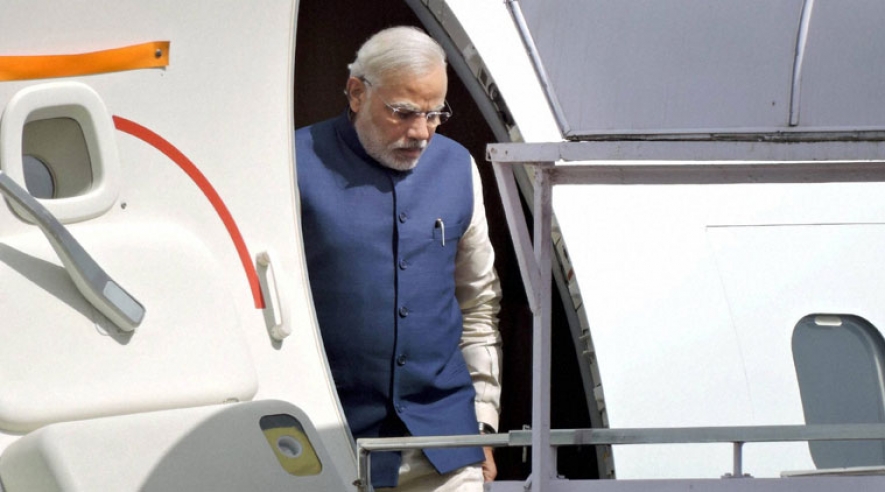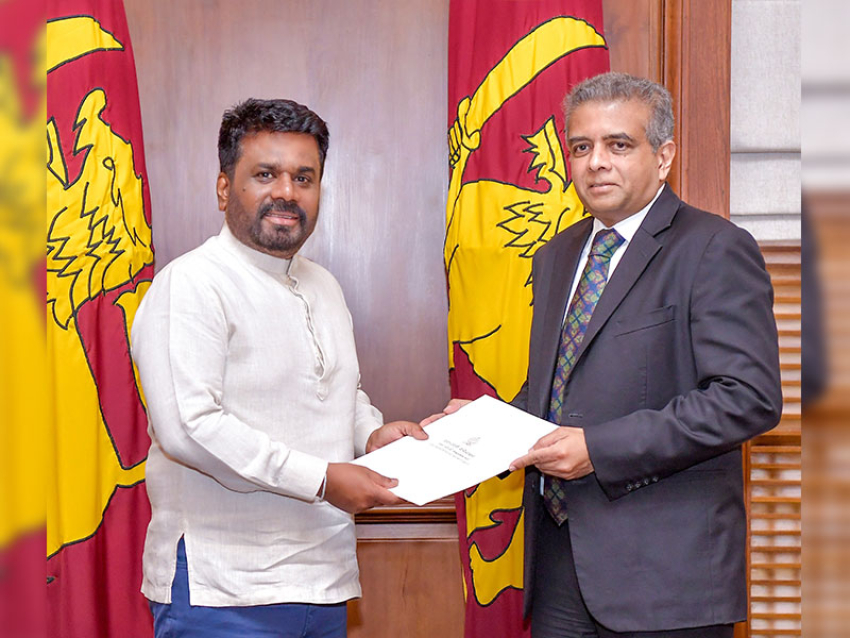According to sources, among the agreements that are expected to be signed after the bilateral meetings between Mr. Modi and French President Francois Hollande are memoranda of understanding on space cooperation, tourism, anti-terror training between the National Security Guard and France’s GIGN special ops forces (National Gendarmerie Intervention Group) who were at the forefront during theCharlie Hebdo operations.
The Indian Prime Minister will visit France from April 9-12, where he will travel to Paris, Toulouse, and a memorial near Lille, before flying to Germany and Canada.
During his visit to Airbus headquarters in Toulouse, Mr. Modi is also expected to make a pitch for his ‘Make in India’ project to have more parts sourced from India, while President Hollande is pitching for India to join the climate change convention to be adopted at the COP21 conference in Paris in November.
France wants to commit to assist with about 10 per cent of India’s projected 100 gigawatt solar power planned capacity. India and France also plan to work together on Mr. Modi’s recently concluded ‘Sagar’ initiative for 40 coastal surveillance radars where they will share scientific information to jointly help the islands of Seychelles, Mauritius, and Reunion. As The Hindu reported, an agreement on building smart cities is being discussed as well.
Officials and businessmen on both sides will also discuss investment and manufacturing deals amounting between $5 billion and $ 8 billion to be finalised over the next five years, an official confirmed to The Hindu. More than a 1,000 French companies operate in India, according to French Embassy trade figures, totalling an investment of $18 billion, growing at an average of €1 billion each year. Prominent among the deals being negotiated is one for $500-million port infrastructure in Gujarat to be developed by the joint venture between the Adani group and France’s CMA CGM group.
The nuclear deal for Jaitapur has been negotiated since 2010 between France’s Areva and the Nuclear Power Corporation of India (NPCIL). NPCIL officials have argued that the rate of Rs.9.18/unit is much higher than the Rs.6/unit they are willing to pay, while Areva officials have contended that the price is pushed up over the high cost of financing the project and the parameters of the European Pressurised Reactors (EPRs) that have higher safety standards.



















